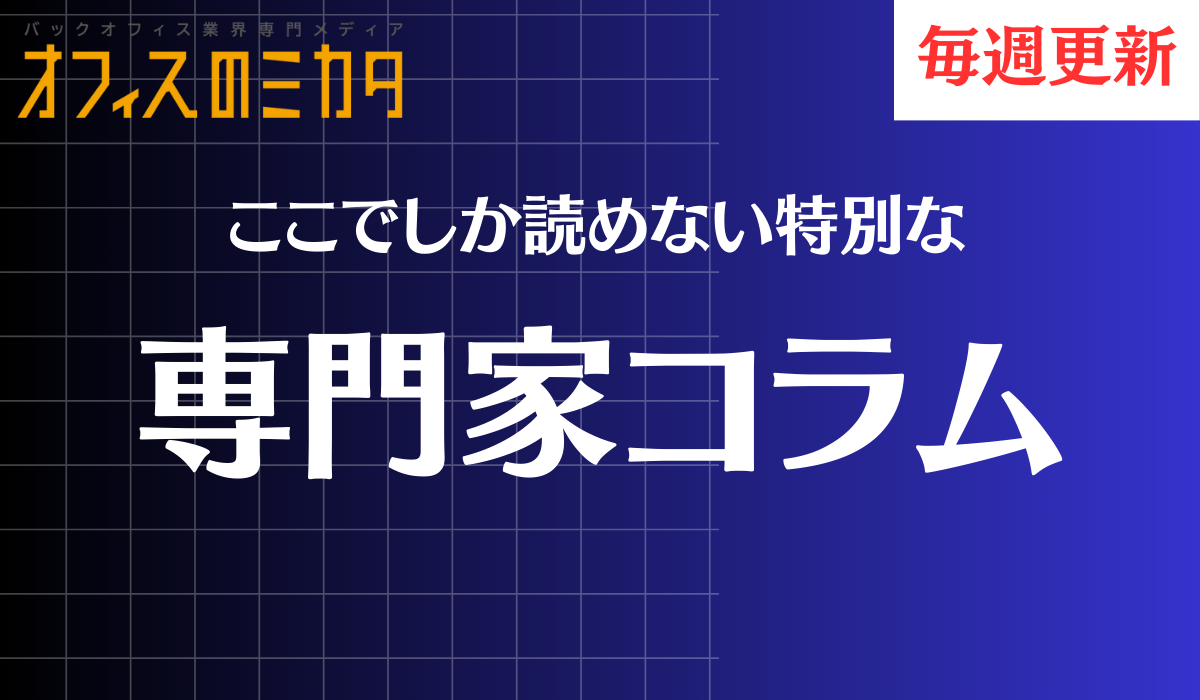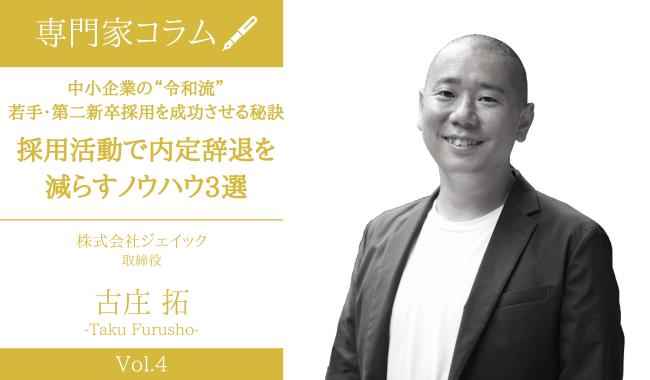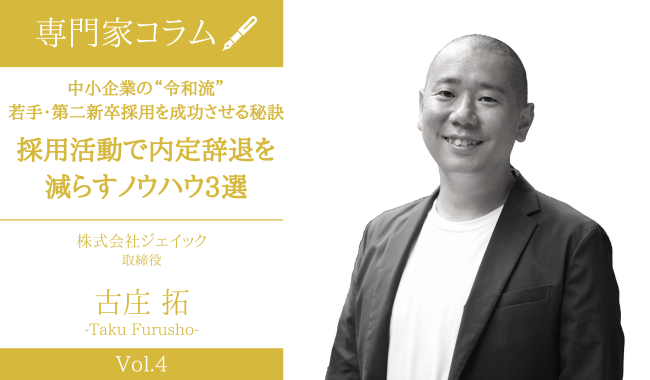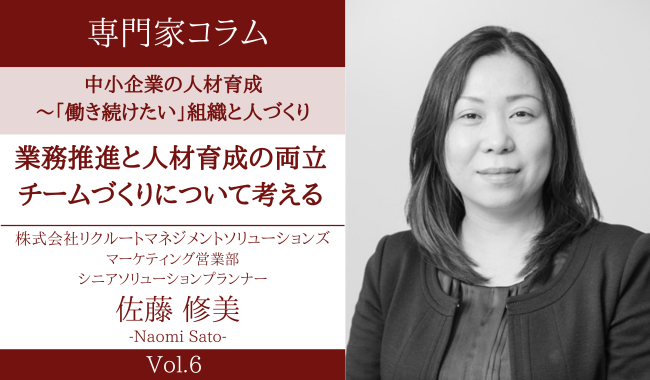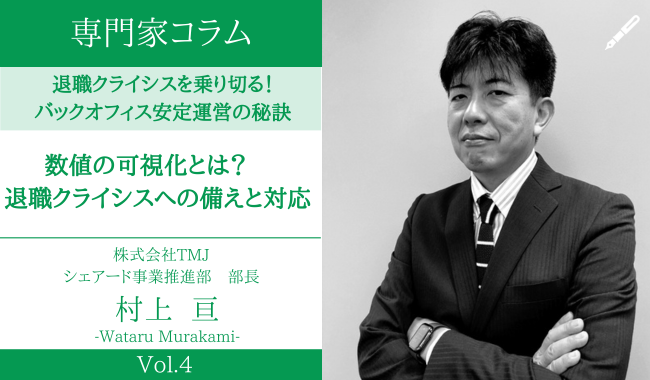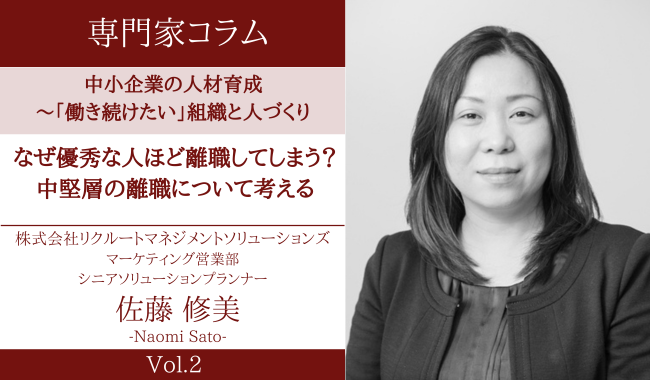解雇のやり方。8つの従うべき事。

私は解雇が嫌いです。解雇好きなサディストがいますが、私はそうではありません。会社の成長に責任ある者として、時には必要な措置です。この投稿では、私のプロセスについて少しだけお話します。お役に立てば幸いです。
私の会社は日本の多くの会社とは少々違います。私は主にアメリカの書物で起業家になったので、アメリカ流仕事哲学の一部に倣います。
最も大きな相違点は、解雇することでしょう。典型的な日本の環境では、会社で解雇は稀にしかありません。法律では、本人が解雇に納得しなければ、裁判沙汰にできます。どれだけこれが本当なのかわかりませんが、誰かを解雇する場合、社労士は必ず私に警告します。
解雇が好きという理由で解雇はしません。解雇は大嫌いです。解雇が原因で眠れなくなること、他のことの生産性が非常に低下することがあります。私のエネルギーを失わせます。誰かを不幸にしている、困難に追い詰めているとは、考えたくもありません。それでも、ビジネスにとってベストなことは止められません。
今、「NO RULES(ノー・ルールズ)」を読書中です。Netflixの歴史を書いた本ですが、私の考え方と似ていると知って安心しました。Netflixは「職場での才能の密度を高める」と呼んでいます。創造的な仕事では、ハイパフォーマーはローパフォーマーをアウトプットで20倍以上優れることを発見しました。平均的なエンジニアを20人雇うのではなく、1人だけ雇って良い給料を払う方が優れているのです。雇う人間が少なくなり、もっと直接的なマネージメントになります。また、ハイパフォーマーはセルフドリブンである傾向があり、多くの指示は不必要です。秘書、清掃、運転などの骨折り仕事では差はそれほど高くありません。ハイパフォーマーはローパフォーマーより2、3倍ぐらいしか優れていないでしょう。
解雇のやり方?
都合の良い日時はありません。理想的な方法もありません。どういう風に行っても、会話の相手となる人は傷つきます。どう反応するかもわからず、極端なシナリオの準備が必要です。まさに恋愛関係の破局のようなものです。前に進むには、解雇が必要なのです。
1 - やさしくする
● グループに拒否されていることなど知りたい人はいません。その人たちが必ずしも悪い人だとか、何か悪いことをしたわけではないのです。私の会社で解雇した人の多くはよい人たちでした。以前の会社ではよい成績でしたが、当社環境での期待には合いませんでした。ですから無礼になる理由などありません。
● 話をするプライベートな場所を探して、胸の内を何でも語れるようにしましょう。
2- 驚かせない
● 目標と明確な期待を必ず持ちましょう。私の場合、このような期待を人によく述べようとします。満たしている時には称賛し、満たしていない時にはきっぱり言います。
● 解雇する時には、彼らには驚きではありませんでした。そもそも私の期待を満たしていないことを、みんな事前に知っていました。
3- 社内の他の誰かに話す前に本人に話す
● あなたへのプレッシャを下げ、罪悪感を分担するため、同僚にそのことを話したくなるかもしれません。わかります。以前はそうでした。でも裏目に出て、本人が聞く前に他の誰かから聞くかもしれません。そうすると、感情を害し、他人の陰口を言う人たちの文化のように見えます。これは望むことではありません。
● 本人が最初に知る人になるようにしましょう。
4- 理由を素直にダイレクトに話す
● 従業員には状況を悪くないようにして、嘘をつこうとします。メンツを保つため、従業員自らが去る選択をしたというのが普通です。問題を隠すことになるので、私はそういうやり方はあまり好きではありません。
● 威厳を保つことは不可欠です。部屋の中で本人と一緒のチームの前で説明するのに賛成ですか?
● 私の会社では、私は解雇理由については極めてオープンです。どんな種類の行動を期待しているか、チームの他のメンバーに理解してほしいのです。
5- 大騒ぎしない
● 昔、私はこれに関してひどかったのですが、人にダイレクトであることが得意になったと信じています。話を聞きたい人には誰でも、このようなローパフォーマーについてたくさん話したものです。怒りをあらわに、責任を考えずにしゃべり、負担を分かち合おうとしたのです。決して素晴らしいことではなく、時には誰かを裏切った気がしました。
● 私は教訓を学び、今では理由についてダイレクトになりました。判断の責任を負い、一度話せばそれで終わりです。
6- 採用を決めた人が解雇する
● これは、チームの残りのメンバーに対して自分の行動と説明の責任を取ることです。テレビドラマの「ゲーム・オブ・スローンズ」第1シーズンで、北部の王は、彼らの文化では刑を自ら執行し、その人を処刑しなければならないと説明します。刑を自ら執行することはそこでは名誉の証であり、それは職場でも同じです。
7- 事前に備えよう
● 私は、通常、1人当たり約2、3時間の準備をかけます。言うつもりのことを書き出し、相手の想定質問を作成し、答を稽古します。その後、テキストの編集を始め、パラグラフを加え、順を変え、物語を論理的に作成します。そうすれば本人に伝えるとき、自信を持てます。解雇は決して簡単ではないので、やりたいことに自信を持つことは非常に重要です。
8- あなたが決定して議論の余地はないことをはっきりさせる
● 悲観の5段階(「否認」「怒り」「取引」「抑うつ」「受容」)を経過しますが、「取引」はよくあるポイントです。しかし、取引を受け入れてはいけません。そうすれば、チームにその人がいる不幸と同じ道まで、あなたの足を引っ張ります。
妥当な日や週があるしょうか?
直接の回答はノーです。悪い話には妥当な時はありません。私は月曜を好んでいます。金曜日に話したら、本人の週末を台無しにすると信じます。だから通常、月曜か火曜を選びます。でも他の日より良くありません。時間も関係ありません。私は、 別の作業や電話の割込みがほとんどないランチタイムが好きです。この場合もやはり、これは恣意的で結果とは関係ありません。
良い職場には同じ目標を共に目指すプロがいると、私は心から信じています。解雇するたび、チームは以前より良いムードになります。その人が去ってから1カ月ぐらい後です。同じ目的でない人は、人の足を引っ張り、意思決定判断を遅らせ、顧客や会社の新しいプロジェクトに同じエネルギーを分かち合いません。
誰かを解雇することで疑問に思っている場合、適切な時にこの文章を見て、解雇する勇気をあなたに与えられると嬉しいです。辛いことですが、全てが終れば、間違いなく職場で幸せになれます。
「WelcomeHR」の詳細はこちら
How to fire people. 8 things you should follow.
I hate firing people. Make that are some sadists who like to do so, but I don't. As someone responsible for the growth of the company, sometimes I have to take that action. In this post, I will be telling a bit about my process and hope it can help you.
My company is a little different from most Japanese companies. I was raised as an entrepreneur mostly by American books, which makes me follow part of their work philosophy.
I would say that the most significant difference is that we fire people. In a typical Japanese environment, companies rarely fire people. By law, it seems that if the person is not satisfied with firing them, they can take you up to court. I am not sure how much of this is true, but my Sharoshi always alerts me when I fire someone.
I don't fire people because I like to do it. I hate to do it. Sometimes it takes my sleep and makes me very unproductive about other things. It drains my energy. I am making someone unhappy, and pushing them into a struggle is not a thought that I like to have. But still, this can't stop me from doing what is best for the business.
I am reading this book called No Rules, which talks about Netflix history. I felt relieved when I learned that the way I think is similar to them. They call it "to increase talent density at the workplace." They discovered that for creative jobs, a high performer would outlast the low performer by more than 20 times the output. Instead of having 20 average engineers, it is better to have one and pay them a better salary. By hiring fewer people, you also make management more straightforward. High performers also tend to be self-driven, and you don't have to give many instructions. For laborious jobs like secretarial, cleaning, or driving, the difference is not that high; the high performer will be just about 2 or 3 times better than the low performer.
How to fire people?
There is never a good time or a good day. There is never an ideal way. In any way you do, it will hurt the person on the other side of that conversation. We also never know how they will react, so we need to prepare for an extreme scenario. It is literally like breaking a love relationship. You have to do it to be able to move forward.
1- Be kind
● Nobody likes to know that that group is rejecting them. And not always it means they are bad people or did something wrong. At my company, most of the people I fired were good people who performed well at their previous company but couldn't match our environment's expectations. So there is no reason to be rude.
● Find a private place to talk with them and allow them to talk about whatever is in their minds too.
2- it should never be a surprise
● You should always have goals and clear expectations. In my case, I try to state those expectations to people often and praise them when they are meeting it or tell them when they are not meeting them.
● When I fired people, it was never a surprise to them. They all knew ahead that they were not meeting the expectations I had in the first place.
3- Talk with them first before telling anyone else in the company.
● You might feel tempted to tell a colleague about it to lower the pressure on you and divide the guilt feeling. I know, been there before. But that might backfire, and they might hear it from someone else before hearing from you, hurting their feelings and looking like a culture of people who talk behind other people's back. That is not what you want.
● They should be the first ones to know.
4- Speak plainly and direct about the reason
● People try to make the situation less bad for the employee and lie about it. It is common to say that the employee chose to leave himself to save his face. I am not too fond of that approach since it hides the problems.
● It is essential to keep the dignity of the person. Would you be comfortable explaining in front of the team with him in the room?
● At my company, I am very open about the reason for firing someone. I need the rest of the team to understand which kinds of behavior I expect from them.
5- Don't make a fuss about it.
● I was terrible about it in the past, but I believe I got better at being direct with people. I used to talk a lot about those low performing people to whoever wanted to listen. I was blowing off steam, taking the responsibility out of my back and trying to share the burden. That was never nice, and it felt like stabbing people in the back sometimes.
● I have learned my lesson, and now I am more direct about the reason. I take the blame for the decision, and I talk about it once and that is over.
6- The person who decided the hiring should be the one firing him.
● It is about taking responsibility for your actions and accountability with the rest of the team. In "Game of Thrones" 1st episode, the King of the North explains that you have to execute the sentence yourself and kill the person, in their culture. Executing the sentence yourself is a sign of honor there and in the workplace as well.
7- Prepare ahead
● It usually takes me about 2 to 3 hours of preparation per person. I write down what I plan to say, create the possible questions that the person might have, and rehearse the answers. Then I start editing my text, adding paragraphs, changing the order, creating a logical narrative. That allows me to be confident when passing it to the person. It is never easy, so being confident about what you want to do is very important.
8- Make it clear that you made the decision and it is not up for discussion
● As the five stages of grief go, the bargain is a common point of it. But you should not be open to bargain. That will only drag you down back to the same road of unhappiness with that person on the team.
Is there a reasonable time of the day or the week?
The direct answer is no. Never a good time for bad talk. I prefer Mondays. I believe if I do it on a Friday, I will kill that person's weekend. So I usually choose Monday or Tuesday. But they are not better than any other day. Time is also irrelevant. I like lunchtime since I have fewer interruptions for different tasks and phone calls. Again, that is arbitrary and does not correlate with the results.
I genuinely believe that a good workplace has professional people aiming for the same goal together. Every time I fired a person, the team got into a better mood than before, about a month after the person had gone away. People who are not playing with the same objectives tend to drag people down, slow the decision-making, and not share the same energy towards the clients or the company's new projects.
I hope this text finds you at the right moment when you are in doubt about firing someone and give you the courage to do so. It is hard, but believe me, and you will be happier at work once it is all over.
「WelcomeHR」の詳細はこちら

 ツイート
ツイート

 シェアする
シェアする
